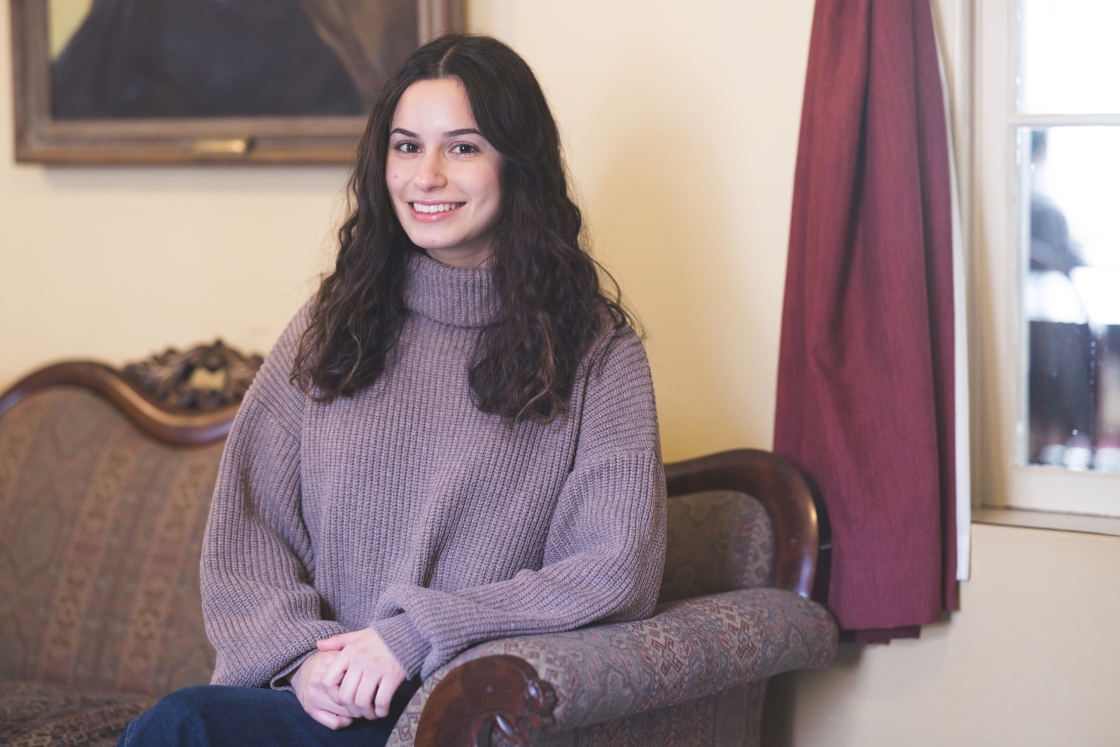Faculty go the distance for research and teaching
Somewhere between Indiana Jones swapping his briefcase for a rucksack and the holiday transportation nightmares of the film Planes, Trains and Automobiles lies the reality of the Dartmouth researcher on the road. In this series, Dartmouth Now follows the travels of four scholars whose research contributes to the creation of new knowledge and brings new insights and discoveries back to the classroom.
PART 4: Africa in the Americas
Antonio Tillis, associate professor of African and African American studies, recently completed a Fulbright Fellowship in Brazil, which included time in Salvador da Bahia, shown here, where he studied Afro-Brazilian culture. (photo by José Miguel Hernández León)
Antonio Tillis, associate professor of African and African American studies American Airlines, Antonio Tillis notes thankfully, flies right to Rio de Janeiro from Boston, with a single stop in Miami. Once in Brazil, though, it takes anything from local buses (“always an adventure”) to the subway, taxis, or walking to get where he’s going throughout Brazil. One destination: a classroom at the Federal University of Minas Gerais in Belo Horizonte, where he recently taught Afro-Latino literature written by North American authors as part of a Fulbright fellowship.
Tillis, who chairs the African and African American Studies program, is creating an anthology of African American literature translated into Portuguese, in consultation with Professor Maria Aparecida Salgueiro of the State University of Rio de Janeiro. Work for that project claims part of Tillis’s time in Brazil’s second largest city. Another anthology, (Re) Considering Blackness in Contemporary Afro-Brazilian (Con) Texts: A Cultural Studies Approach, is on its way to press. That book is, he points out, “the first critical compilation in English that highlights scholarship by professors in Brazil addressing the issue of Blackness from the standpoints of music, theatre, film, social movements, and literature.” Tillis’s research throughout Latin America and the Caribbean underlies a forthcoming Dartmouth course on “contemporary communities with roots in former slave societies in Brazil, Colombia, Venezuela, Cuba, and Jamaica.” Support for his work includes research initiation funding from Dartmouth.
Brazil has the second largest population of black people in the world,” notes Tillis; the city of Salvador da Bahia is notably “African” and central to his work. There he discusses emerging writers and artists with professors of Afro-Brazilian culture at the Federal University of Bahia; researches at the Afro-Brazilian museum in Salvator’s colonial district (the Pelorinho) or at the national archives; and works with students at the government-supported English-language school in the low-income favela community.
“While I’m in Brazil,” he says, “I study and gather what is being published officially, and ephemera such as newsletters put out by social and political organizations.” Those texts, documentaries, and music recordings are the raw materials of his research. “But they also serve as primary and secondary sources for my courses. They give my students an entrance into the cultural and social spaces we study together.”
Part 1: Survey monkey Professor Seth Dobson studies gelada monkeys in Simien Mountain National Park, Ethiopia
Part 2: More than three cups of tea Professor Jennifer Fluri researches aid work and development, geopolitics, and gender in Afghanistan.
Part 3: On Top of the World Professor Meredith Kelly studies climate change in the ice fields of Scoresby Sund, Greenland.
